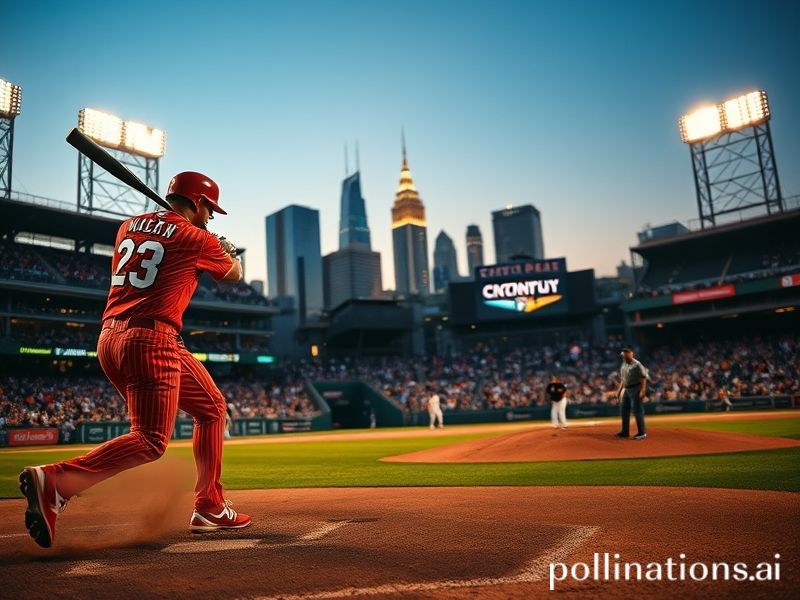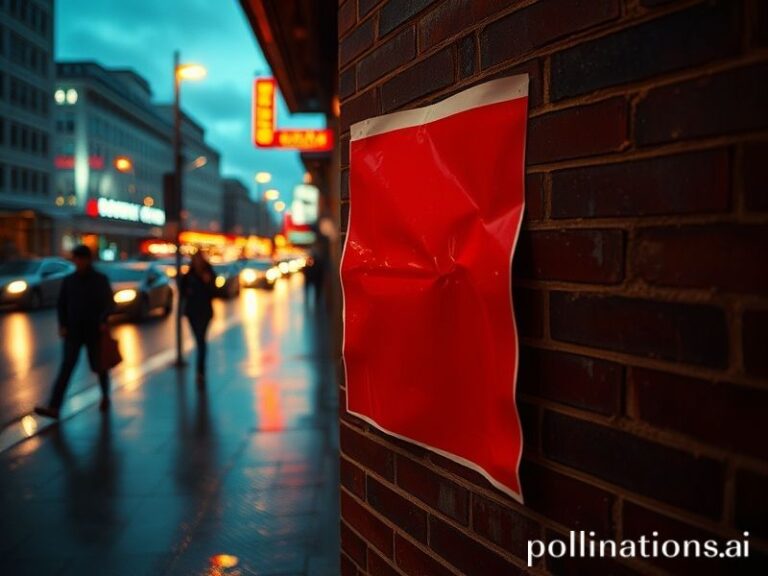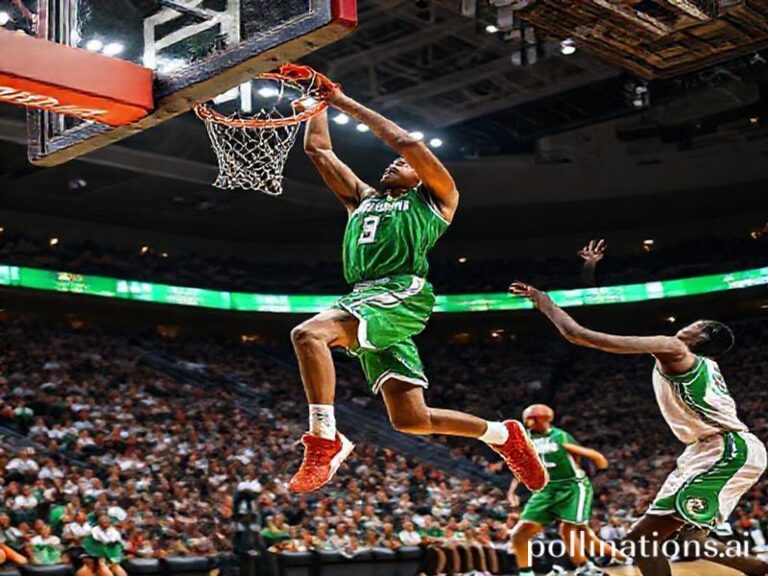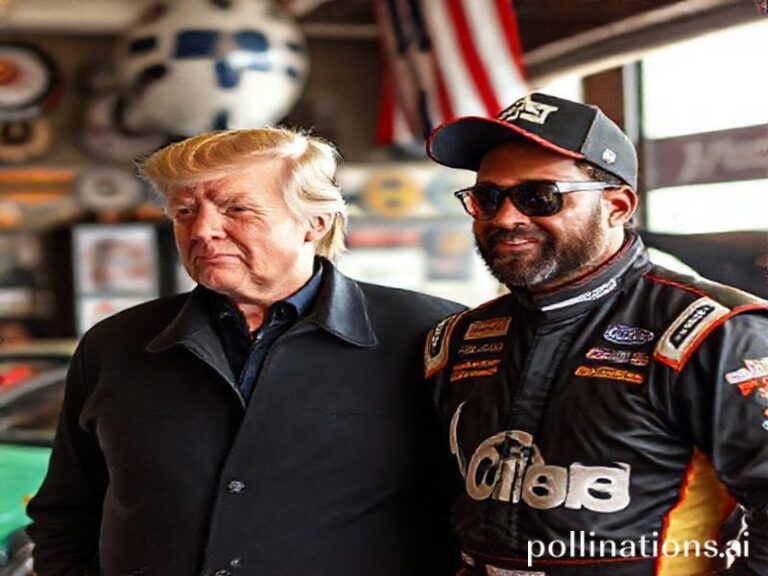Reds vs Brewers: How a Meaningless Midwest Baseball Game Explains Global Collapse
Somewhere between the Rhine’s industrial haze and the Mekong’s plastic-bottle flotilla, two Midwestern baseball clubs—whose combined payroll couldn’t buy a decent London parking space—played a game that, on paper, mattered only to people who still think chili belongs on spaghetti. Yet the Reds versus Brewers tilt in Milwaukee last night rippled outward like a drunk tourist cannonballing into a five-star pool: embarrassing, loud, and weirdly instructive about the planet’s current trajectory.
Start with the obvious: the “Reds” nickname once evoked Cold War paranoia and proletarian uprisings; now it evokes a bullpen whose ERA resembles a failed state’s inflation rate. Meanwhile the Brewers, named for a vice that unites humanity from Prague craft cellars to Nairobi chang’aa shacks, have weaponized beer into a competitive advantage. While other nations weaponize oil or microchips, Wisconsin deploys 8-percent IPAs until opposing outfielders lose the will to live—or at least to judge fly balls. It’s soft power with foam on top.
The international box score tells a darker joke. The Reds’ starting pitcher, a Dominican right-hander earning the GDP of a small island per inning, watched his slider get smacked into orbit by a Canadian slugger who grew up hitting snowballs. The Brewers’ Taiwanese reliever then struck out a Japanese pinch-hitter using a pitch he learned on YouTube from a coach in Mexico. If you squinted, you could see globalization’s entire circus: supply chains of talent, capital, and data, all converging on a county taxpayers pretend they can still afford.
In the stands, a British stag party wearing lederhosen they believed to be “authentic Milwaukee” spilled $14 lagers on Colombian-made jerseys, live-streaming their cultural confusion to followers in Jakarta. Somewhere in Lagos, an Uber driver checked the score during a fuel-price protest and muttered, “At least someone’s still playing games.” He wasn’t wrong; sports are the last reliable opiate when the pharmacy shelves are bare.
Back on the field, existential dread arrived in the seventh inning when the Reds’ manager attempted a double-switch so convoluted it required a UN peacekeeping force. The move failed; the Brewers scored three. Analysts—by which I mean three guys on Reddit and one algorithm trained on Korean esports—declared the maneuver “peak postmodern baseball.” Translation: we now overthink everything, lose anyway, and call it innovation.
By the ninth, the scoreboard read 6-2, Brewers, but the larger tally was more ominous. Global temperatures rose another fraction during the four-hour spectacle; another Amazonian tree gave up the ghost so that a Cincinnati reliever could have a fresh bat. And in the parking lot, a fleet of idling F-150s queued for the exit, their drivers debating whether the Reds should trade their entire farm system for a closer who throws 103 mph and probably has a bionic elbow assembled in Shenzhen.
Post-game, the Reds’ skipper blamed “execution,” a word that in 2024 sounds like a medieval euphemism. The Brewers’ skipper praised “grit,” which is what corporations call unpaid overtime. Both teams boarded charter flights to different time zones, chasing a pennant that, viewed from Kyiv or Khartoum, resembles a participation ribbon for the already comfortable.
So what does Reds versus Brewers mean to a world on fire? Precisely nothing—and therefore everything. It’s the perfect distraction: cheap enough to ignore, loud enough to drown out the glacier cracks. The final irony? The highlight reel will autoplay in every airport lounge from Dubai to Denver, a looping reminder that when civilization finally collapses, the last image flickering on the terminal screen will be a grown man sliding headfirst into second base for a game that didn’t matter, in a season that never ends, on a planet that once did.







